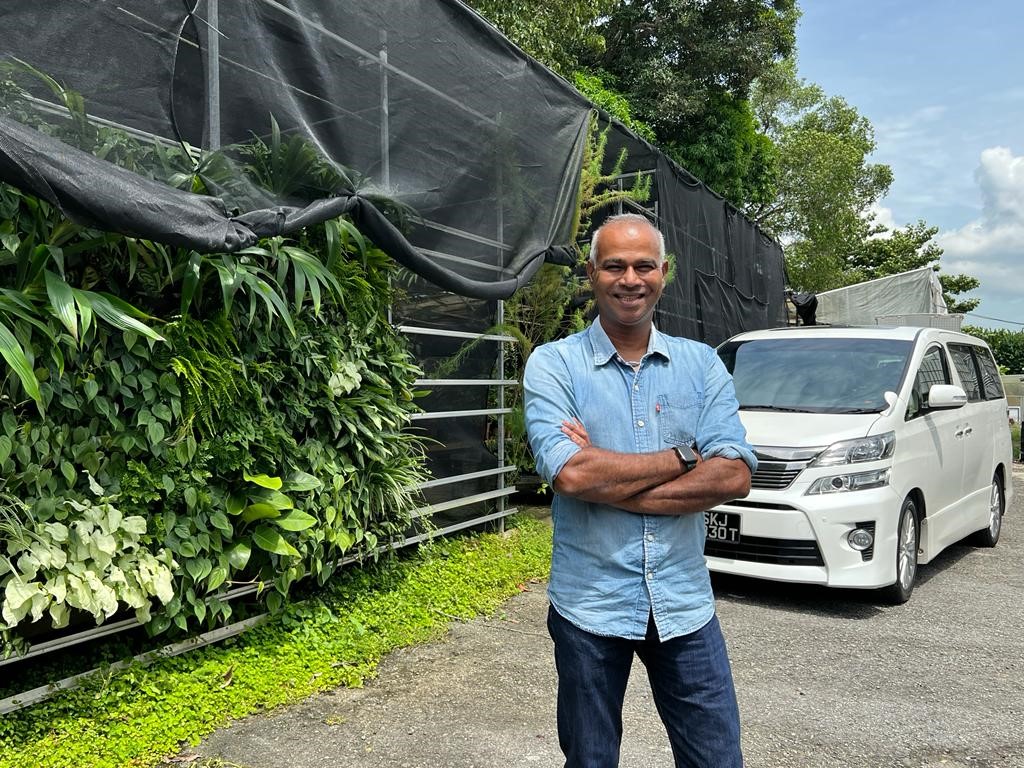Be open to changing the way you lead
Mothercare Singapore’s group managing director Pang Fu Wei is typically, by his own admission, a result-oriented and driven leader. But that changed during the pandemic, his first crisis since taking on the mantle.
“As the pandemic wore on, we did a lot of things – improved our digital efforts, scaled our business online – and the results on that portion of the business were good. But obviously, our physical retail sales were still down,” Mr Pang recounted.
“Overall, as a group, our revenue was down, and I was very determined to push the organisation to hit our budgeted topline figures.”
However, his father, the founder of the company, reminded him to adjust his expectations. “He reminded me that sometimes when the tide goes out, there’s no point in swimming so hard,” said Mr Pang.

Lead with empathy
It’s a time-tested lesson, but the pandemic has highlighted the need to lead with empathy even more.
Landscaping firm Greenology’s founder, Mr Veera Sekaran, shared how some of the company’s foreign employees had been worried about the safety of their families back home, while fearing the loss of their jobs here. “Some of them would even go into depression,” he added.
Mr Sekaran could relate, being anxious about the firm’s survival as well as his family’s well-being. So, he sat with each of his employees to explain the situation and hear from them. For instance, he shared: “I said I know you’re also going through a difficult period. If your family feels anxious and says you shouldn’t come to work, that’s fine.”
These frank and personal conversations helped both Mr Sekaran and his employees. “I had to find ways to keep the business going, but at the same time, I needed buy-in from the staff,” he said. “(The chats) gave a little peace of mind – to them and to me.”

Empower your employees by giving them ownership
Mr Sekaran advocates giving employees a sense of ownership by regularly involving them in planning for the business. “The philosophy is about teamwork and partnership with employees.”
For example, he sits down with employees “every now and then” to explain what the vision is. It’s especially important in today’s environment, where the vision can change every six months, he said. “You need to be able to redirect the business and predict what’s happening next.
“It’s also important to involve staff, so that they have a sense of ownership.”
Don’t neglect talent development
In a crisis, leaders typically focus first and foremost on business survival, but talent development is one aspect that shouldn’t be overlooked. Talent is critical for performance – even more so to help the business emerge stronger in this environment of uncertainty and face new headwinds.
But at the same time, leaders aren’t born overnight. Patience is essential when nurturing employees – they must be given ample time and opportunities to realise their potential.
At Mothercare Singapore, when group managing director Mr Pang previously approached one of his employees to lead the buying team, she initially pushed back. “She said she wasn’t ready and just wanted to focus on being good at her job,” he shared.
The company decided to put her on a special leadership track and sent her for courses to cultivate skills key to the business, such as design thinking and communication. “We also gave her bite-sized tasks and goals so that she could understand the role and accomplish small wins, and build her confidence,” Mr Pang added.
Eventually, the employee took on the mantle of head buyer. “Today, she’s a very valuable member of my team,” said Mr Pang.
This article is contributed by Enterprise Singapore.















